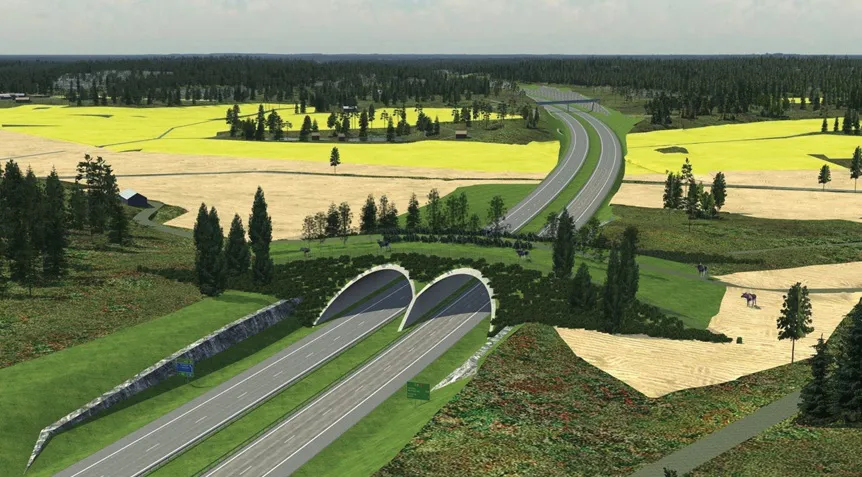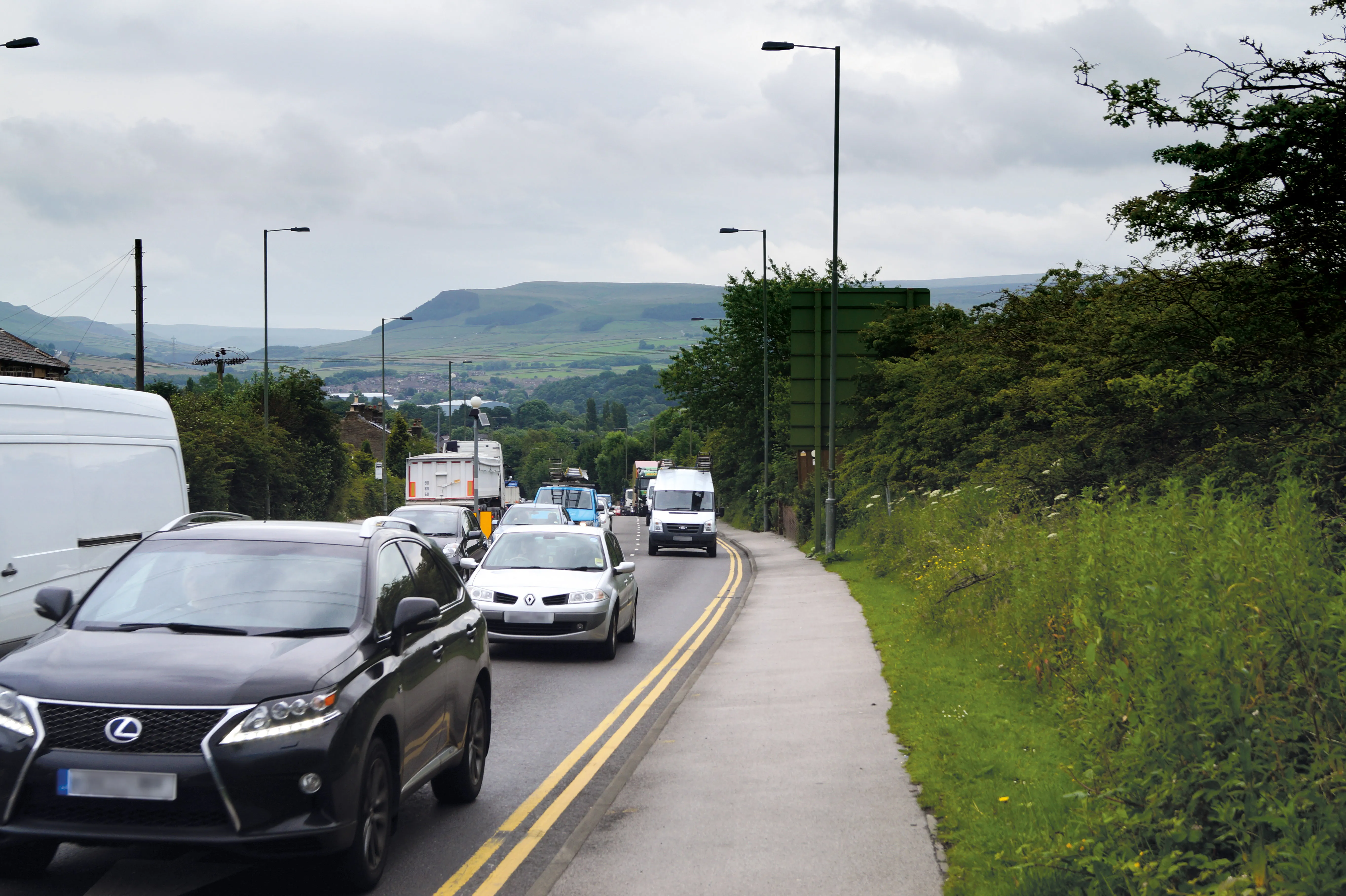
The project is for the construction of a new 13km dual carriageway link and includes a 2.6km stretch of tunnel, which is the subject of some controversy.
Because of the archeological importance of the area, the tunnel has been decided as being the best option for the new route. Building a tunnel will allow much of the important archeological site to remain undisturbed. However some claim that the tunnel, is simply not long enough.
With this in mind it is worth remembering that the Stonehenge Bypass project has been planned since the late 1980s. The project went to public consultation in 1993 and the route was identified in 1995, with it then being withdrawn in 1996. In 1998, the project was put forward again and a preferred route announced in 1999, but after a public inquiry in 2004 and concerns over costs in 2005, it was withdrawn once more in 2007. It seems the work may finally go ahead, but only if it passes a few more hurdles. The dispute over whether a 2.6km tunnel is long enough is just one issue. Other complaints describe the planned tunnel portals as unsightly and say that the existing (and heavily congested) road link should remain.
But nor are such failures to develop much-needed infrastructure links limited to the UK. In the Canadian province of British Colombia came the news recently that plans for a US$2.8 billion, 10-lane bridge crossing to replace the aged George Massey Tunnel near Vancouver had been halted. The 3km-long cable-stayed bridge would have been built to the latest standards and would boost both safety and capacity, cutting congestion for drivers. It is much needed. The tunnel, constructed in the 1950s and opened to traffic in 1959, is no longer fit for purpose. The four-lane tunnel is the subject of serious congestion and does not meet the latest safety standards. More worryingly still, there are concerns as to whether it would withstand an earthquake, as Vancouver lies close to the Cascadia Fault. Perhaps the new Massey Bridge will get the go-ahead, once the local politicians realise that not to build it will cause more fuss in the long run. Only time will tell.







